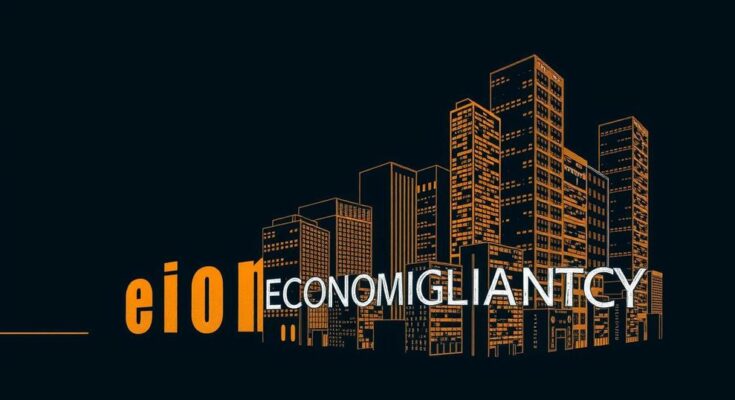Patrick Luciani reviews “The Greatest of All Plagues” by David Lay Williams, which argues that historical political thinkers, including Plato and Marx, viewed economic inequality as a significant threat to political stability and civic harmony. The book reflects on the evolution of economic thought from a focus on growth to addressing wealth distribution, especially post-2008 financial crisis, illustrating the ongoing relevance of these age-old discussions in contemporary society.
In his exploration of David Lay Williams’ latest work, “The Greatest of All Plagues: How Economic Inequality Shaped Political Thought from Plato to Marx,” Patrick Luciani delves into a profound historical problem—the concentration of wealth. Williams challenges the perception that economic thinkers like Plato, Rousseau, and Marx have ignored economic disparity, asserting instead that their concerns for civic harmony and political stability are woven intricately with the threads of economic inequality. Post-2008, the landscape of economics overhauled from mere technicalities of growth to an urgent call for equity, as spikes in wealth inequality ignited movements like Occupy Wall Street. Williams readdresses a timeless debate, underscoring that figures such as Adam Smith and John Stuart Mill recognized wealth distribution’s profound connection to societal wellbeing and harmony. Through their lenses, economic inequality emerged not merely as an economic statistic, but as a formidable plague threatening the very fabric of democracy. Moreover, Williams paints a vivid picture of the struggles against inequality throughout history, inserting biblical references and ancient laws that champion fair wealth distribution as moral imperatives. From Rousseau’s disdain for wealth-induced vices to Smith’s concerns regarding compassion’s erosion among the affluent, Williams sketches a nuanced perspective that aligns contemporary issues with centuries-old political discourse. While Williams powerfully outlines historical perspectives on economic inequality, he refrains from specifying what ideal wealth distribution would look like today. As societal movements ebb and flow, he raises the question of whether contemporary calls for economic parity resonate with those seeking immediate wealth over equality, thereby circling back to a broader dialogue on the evolving definition of fairness in a diverse economic landscape.
The discussion of economic inequality has resurfaced significantly in modern discourse, especially following the 2008 financial crisis that exposed the vast chasms between the wealthy and the less fortunate. This reconsideration of economics has shifted the focus from simply maximizing growth to addressing how wealth is allocated among society. Williams’ book provides historical context, linking the concerns of past political philosophers with today’s challenges around wealth distribution, thereby illuminating the ongoing relevance of this debate across generations.
In conclusion, Williams’ examination presents economic inequality not as a novel phenomenon but as a recurring theme in political thought throughout history. His insights into the philosophies of renowned thinkers like Rousseau and Smith provoke reflection on the implications of wealth distribution for democracy. Despite the richness of his analysis, an ideal framework for equitable wealth allocation remains elusive, leaving readers to ponder whether the various economic ideologies sufficiently address the pressing challenges of our present day, particularly as public sentiment shifts towards immediate financial gain rather than long-term equality.
Original Source: thehub.ca



